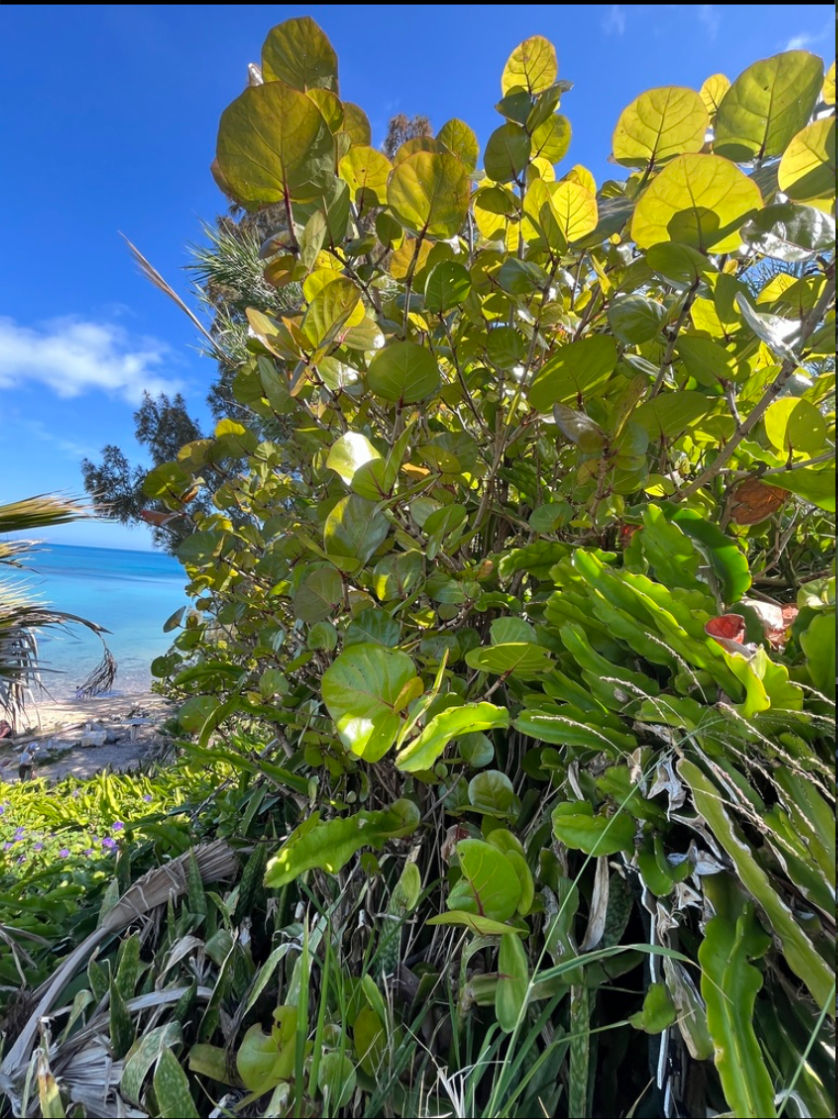Penstemon multiflorus, commonly known as the Manyflower Beardtongue, is a native perennial plant found in parts of Alabama, Florida, and Georgia. It typically grows between 1.5 to 2.5 feet in height and blooms with white tubular-shaped flowers, sometimes exhibiting a slight rose-colored overcast.
General Information
- Status in Florida: Native
- Native Habitat: Well-drained upland areas
- Native States: Florida, Georgia, Alabama
- Growing Zones: USDA Hardiness Zones 8-10
- Size at Maturity: 1.5 to 2.5 feet tall
- Phenology: Perennial
- Bloom Season: Spring to early summer
- Bloom Color: White with possible rose tint
Growth Conditions
- Sunlight Requirements: Full sun
- Soil Texture: Well-drained soils
- Soil pH: Acidic to neutral
- Moisture Requirements: Low to moderate; drought-tolerant once established
- Salt Spray Tolerance: Low; not suitable for coastal areas
- Keystone Plant: No
Landscape Considerations
- Recommended Landscape Uses: Wildflower gardens, native plantings
- Maintenance Tips: Minimal; prune after flowering to maintain shape
- Considerations: Ensure well-drained soil and full sun exposure for optimal growth
- Hurricane Wind Resistance: Moderate; may require support in windy areas
- Erosion Control: No
- Nitrogen Fixing: No
Other Information
- Edible: No
- Pet Safe: Yes
- Deer and Rabbit Resistance: Yes
- Historical Medicinal Uses: Not widely documented
- Florida Native Companion Plant: Echinacea purpurea (Purple Coneflower), Rudbeckia hirta (Black-eyed Susan)
- Wildlife Benefit: Attracts pollinators such as bees
- Caterpillar Host Plant: Not documented
- Propagation: By seed or stem cuttings; seeds may require stratification































